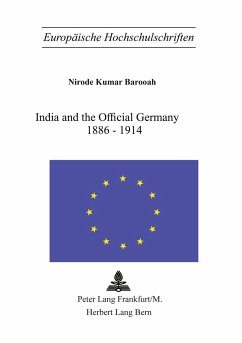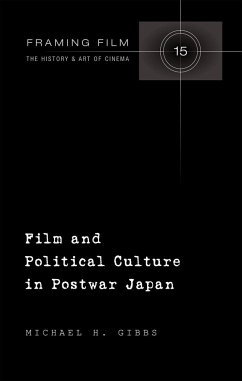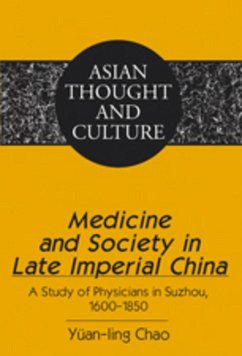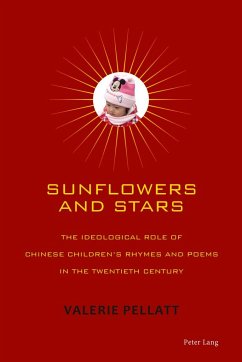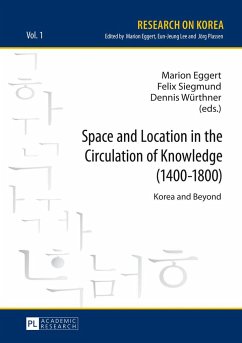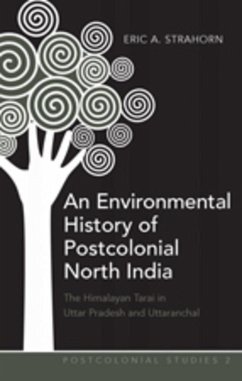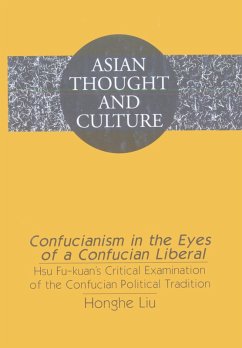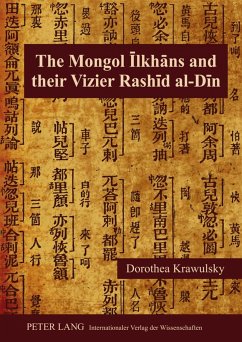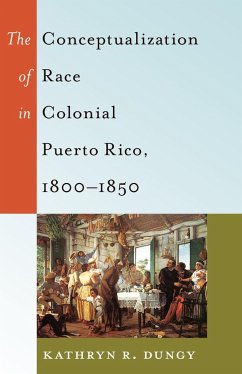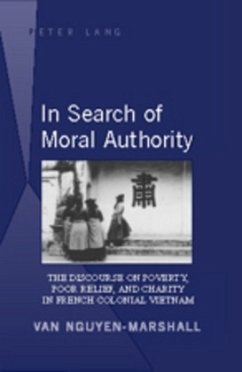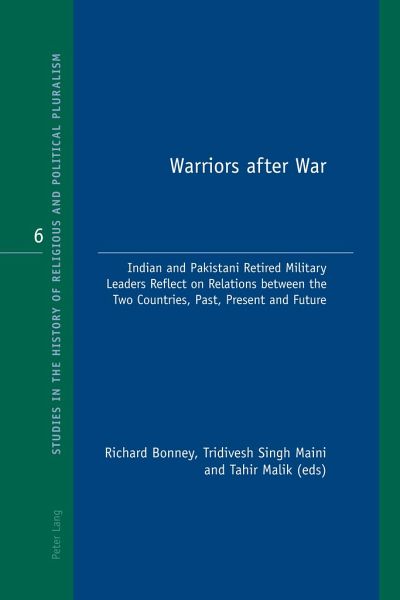
Warriors after War
Indian and Pakistani Retired Military Leaders Reflect on Relations between the Two Countries, Past, Present and Future
Herausgegeben: Bonney, Richard J.; Maini, Trividesh Singh; Malik, Tahir Javed
Versandkostenfrei!
Versandfertig in 6-10 Tagen
84,50 €
inkl. MwSt.

PAYBACK Punkte
0 °P sammeln!
The inspiration for this book arose from the opening of the Srinagar-Muzaffarabad bus route on 7 April 2005, the first direct link between the two parts of divided Kashmir since 1947. The original impetus for change in the region arose not from politicians but from ex-military figures in Pakistan and India who had made a direct approach to the Institute for Multi-Track Diplomacy (IMTD), an independent, not-for-profit organization in the United States headed by former US Ambassador John W. McDonald. Most of the twenty-six retired military figures from India and Pakistan interviewed in this book...
The inspiration for this book arose from the opening of the Srinagar-Muzaffarabad bus route on 7 April 2005, the first direct link between the two parts of divided Kashmir since 1947. The original impetus for change in the region arose not from politicians but from ex-military figures in Pakistan and India who had made a direct approach to the Institute for Multi-Track Diplomacy (IMTD), an independent, not-for-profit organization in the United States headed by former US Ambassador John W. McDonald. Most of the twenty-six retired military figures from India and Pakistan interviewed in this book accept that with both countries possessing nuclear weapons since 1998, choosing war to resolve outstanding disputes is no longer a sensible or realistic option. They differ greatly, however, in their analysis of the opportunities and pathways towards a sustainable peace in South Asia, with the greatest divergence of views on the Kashmir dispute. The material contained in the interviews is enhanced with biographical and other notes, along with a comprehensive introduction and conclusion. The detailed Appendices provide an analysis of religious-based extremist violence in Kashmir and Pakistan.



